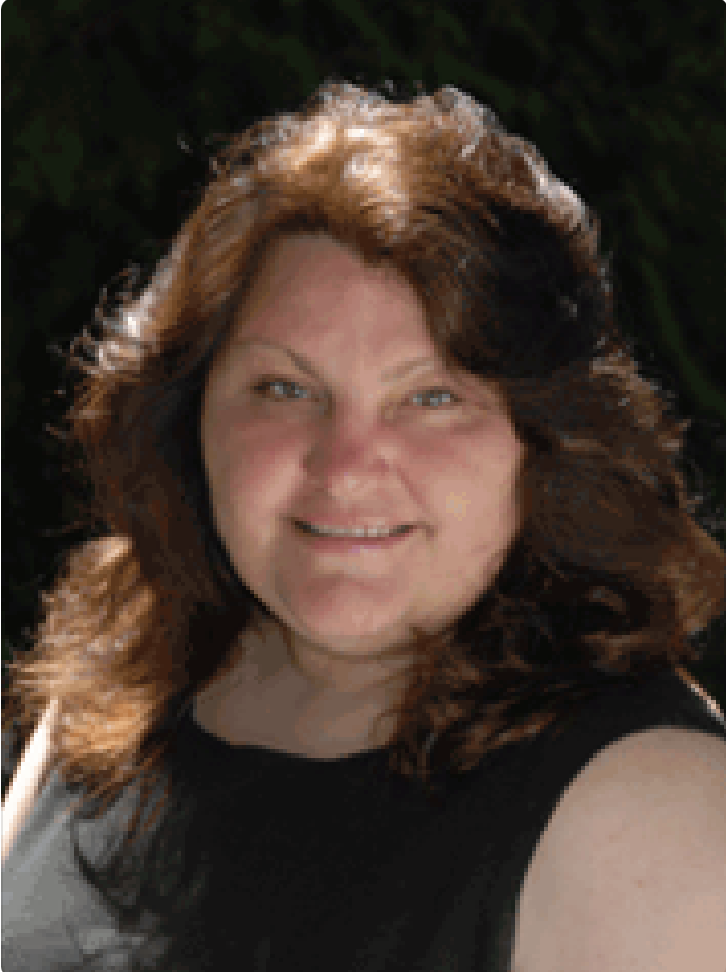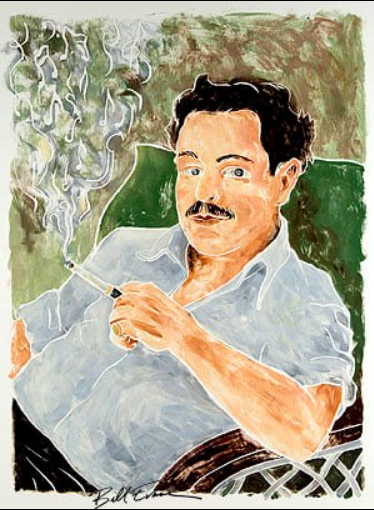
Cape Cod has always held a special place in Michele Clarke’s heart. She visited frequently as a child and always planned to live here permanently, even as her professional career took her from Boston to Silicon Valley and ultimately Manhattan.
It’s been the same with the arts. “They’ve always been a necessary creative expression for me,” she told us. She studied dance, music and theater as a girl, putting her personal studies aside while she pursued careers in technology journalism and then corporate marketing. She continued to attend arts and culture events while living in California and Connecticut, and enrolled her daughters in a variety of arts and culture activities from early on. But her relocation to the Cape nearly 10 years ago transformed her lifelong interest into engagement.
“We lived out of state for 16 years. I was shocked to see the damage that had been done to Massachusetts’ arts and culture infrastructure while we were gone,” she said.
At first, Clarke donated to organizations that her daughters were involved with during their elementary and high school years, she said. “But the more I got involved, the more I realized that the Cape’s arts economy needed a larger, longer-term effort than a collection of individual donors, each supporting a handful of personally significant organizations, could achieve alone.”
Her search for a group doing that work led her to the Arts Foundation of Cape Cod (AFCC).
As an umbrella organization that acts on multiple levels – from supporting artists and organizations that bring art and culture to the Cape community through advocating to donors, legislators, and others about the vital economic impact the arts have on the Cape and islands — the AFCC offered Clarke a unique opportunity to make her contributions work harder to strengthen the arts on Cape Cod, she said. She’s now a member of the AFCC’s Patron Program and serves on the organization’s Grants Committee.
“The arts are a multi-billion-dollar industry in our state. They employ people. They fulfill people. They help create better students and citizens. It’s extremely important to build up this part of the economy the same way we do with tourism and small businesses and other vital sectors,” she said. “We’ve seen how vulnerable the Cape’s arts and culture infrastructure is now after Covid. What we really need is a more strategic approach to supporting this sector.”
Clarke said she now asks herself four questions before donating to an organization:
- Am I focused on organizations creating successful outcomes?
- Are the organizations producing income for Cape Cod artists?
- Am I diversified among organizations that serve significantly under-resourced groups on Cape Cod? (Clarke currently prioritizes groups serving children and families, the LGBTQ+ community, and people of color.)
- Is there a need for my volunteer time as well as money?
Clarke’s commitment to the AFCC now leads her overall charitable donations. She also continues to give monetarily to individual organizations – such as Cape Cod Repertory Theatre’s Young Company (YoCo) and the Afterglow Festival – as well as volunteering her time and talents. She currently serves on the executive committee of First Night Chatham, advises the Provincetown Tennessee Williams Theater Festival and Amplify POC Cape Cod, and has volunteered in marketing capacities for all three. She previously co-founded Eventide Theatre Company’s ETC Playwrights Lab and served as its initial lab director; served as a trustee for Cape Cod Theatre Company / Harwich Junior Theatre; was part of the parents group that relocated the Academy of Performing Arts School dance classes to new organizations when the school closed down; and served on the Friends of the Cape & Islands Theater Coalition committee.
“I think the Arts Foundation of Cape Cod is the most important arts and culture institution on the Cape right now because of the way they are conducting their work — their diligence, their comfort with expanding their view, and their broad definition of what the arts are,” she said.
Image above: Woodcut by Bill Evaul from the 2011 Provincetown Tennessee Williams Theater Festival.

